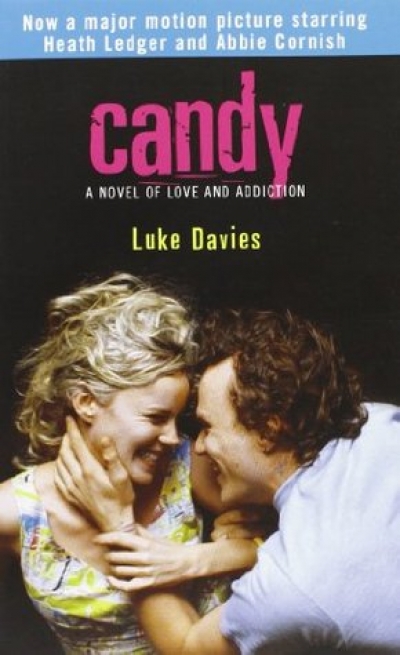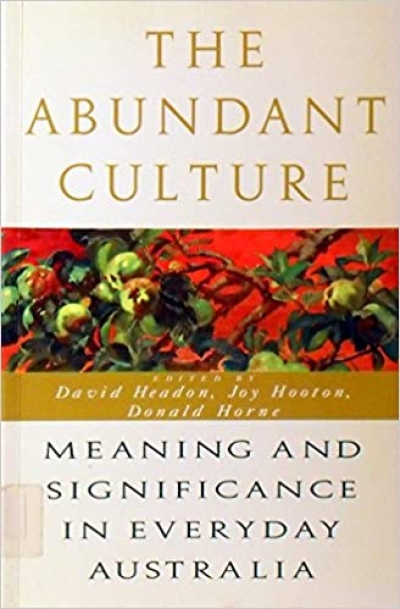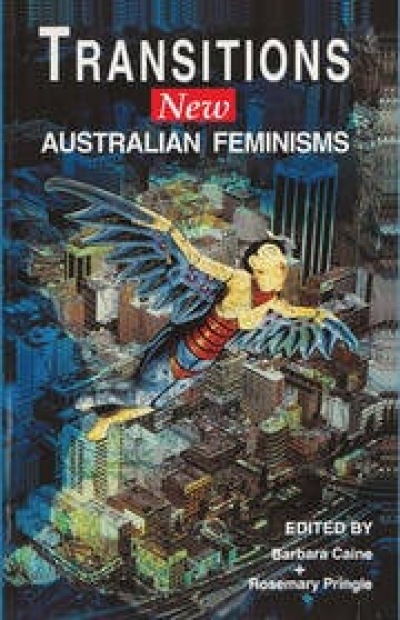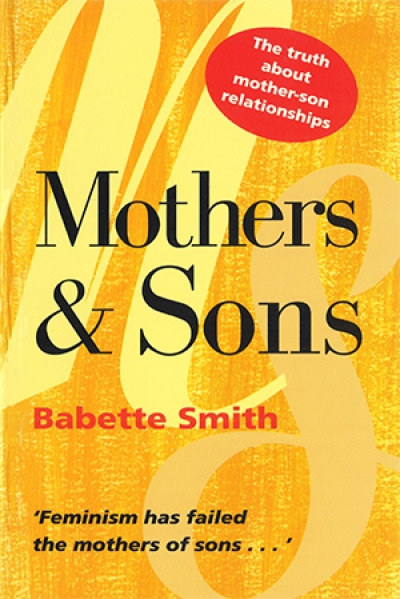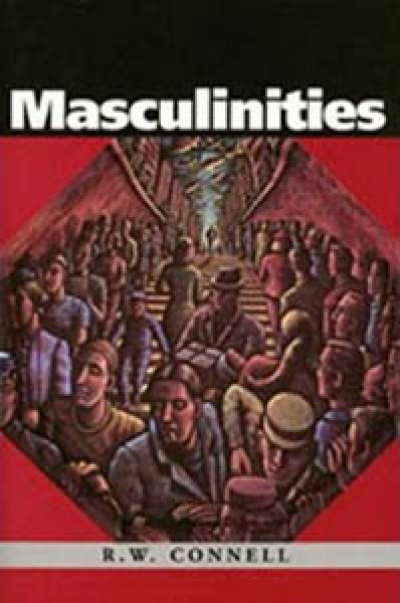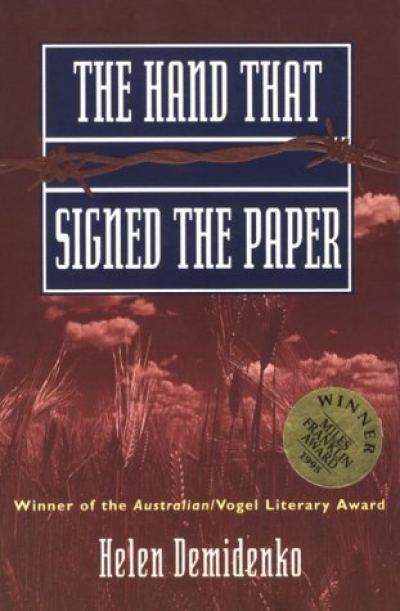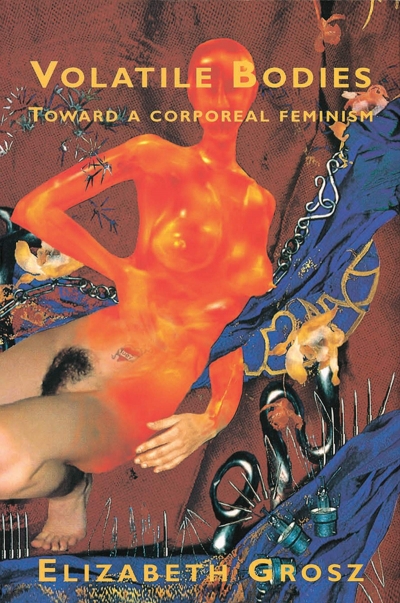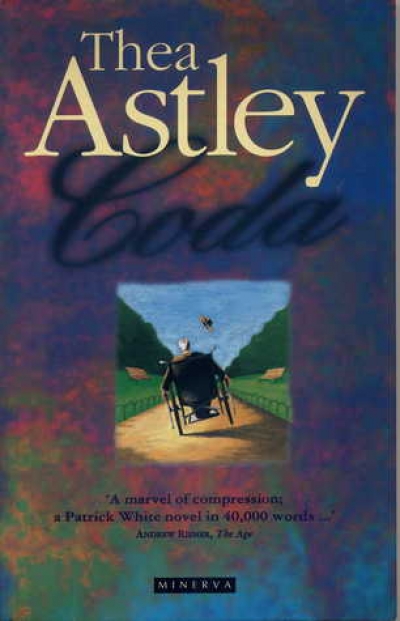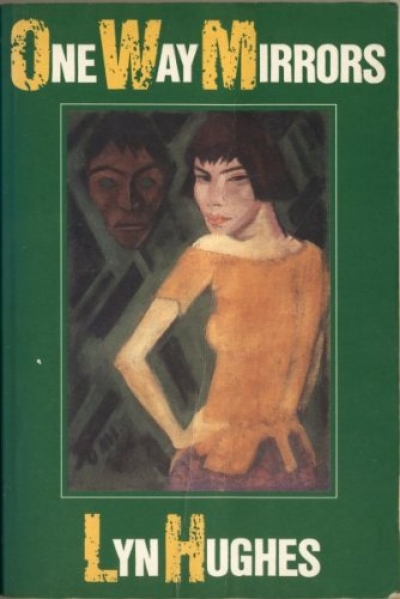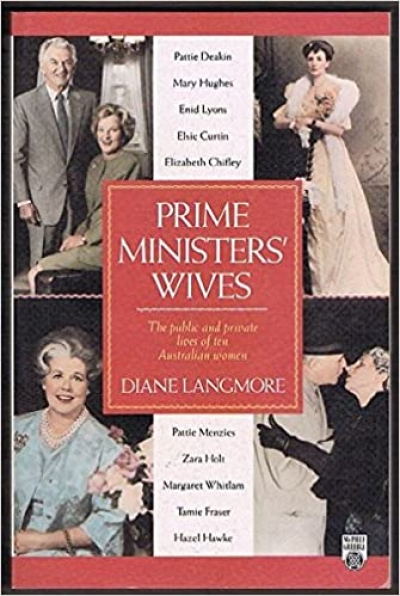Allen & Unwin
The Abundant Culture, Meaning and Significance in Everyday Australia edited by David Headon, Joy Hooton, and Donald Horne
by Humphrey McQueen •
Transitions: New Australian feminisms edited by Barbara Caine and Rosemary Pringle
by Barbara Brook •
Volatile Bodies: Towards a corporeal feminism by Elizabeth Grosz
by Bronte Adams •
Prime Ministers’ Wives by Diane Langmore & Suffrage to Sufferance by Janine Haines
by Audrey Oldfield •

